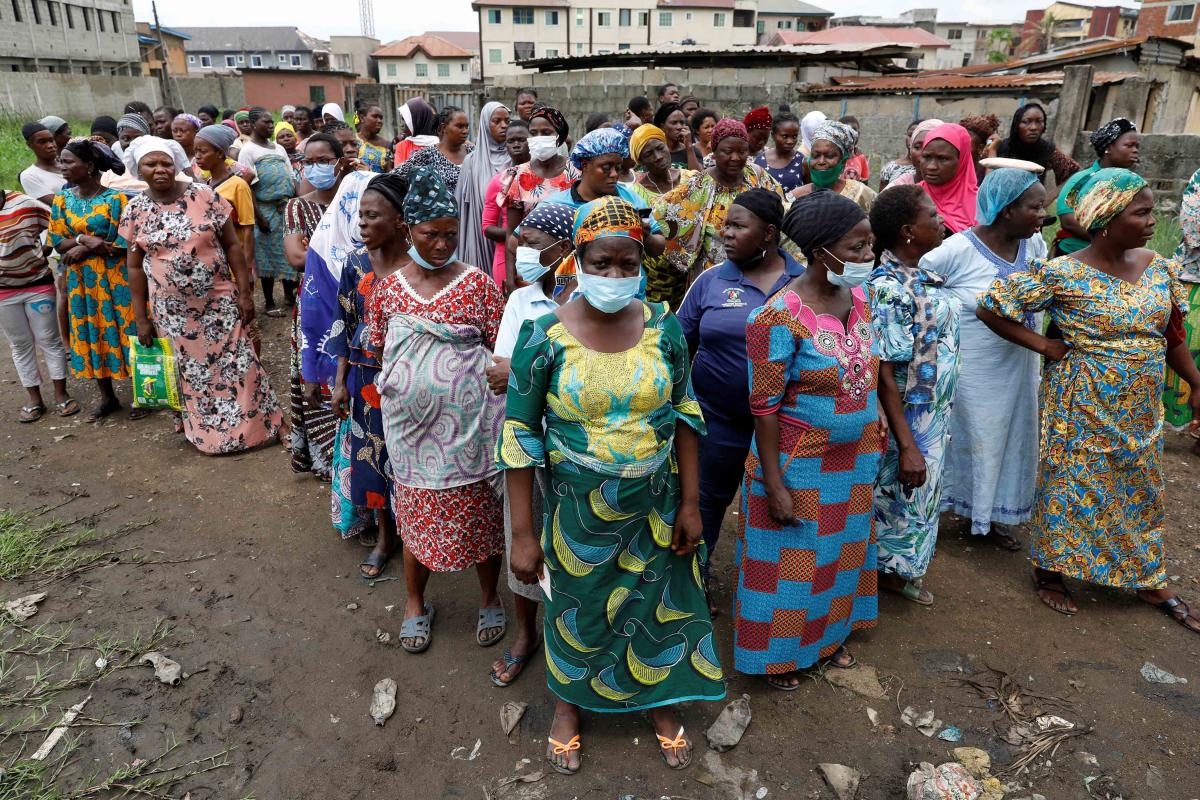There are no products in your shopping cart.
| 0 Items | £0.00 |


AS many as 6m more Nigerians will be pushed into poverty between June 2020 and June 2021 as a result of the economic fallout from the coronavirus pandemic according to a recent report just published by the World Bank.
Like many other developing nations, Nigeria, suffered greatly from the effects of the global pandemic, as reduced global commerce made her dependent on borrowing to fund her annual budget. In a new report titled Covid-19 in Nigeria: Frontline Data and Pathways for Policy, the World Bank has highlighted the impact of Covid-19 on the Nigerian economy and exposed the dangers it poses.
According to the IMF report: “The rise in prices witnessed between June 2020 and June 2021 alone could push another 6m Nigerians into poverty, with urban areas being disproportionately affected. This underscores the need for short-term policies to support welfare.
“The simple simulations suggest that the share of Nigerians living below the national poverty line could have increased from 40.1% to 42.8%, due to the food price inflation witnessed between June 2020 and June 2021. In addition, the report also disclosed that poorer Nigerians were more willing to get Covid-19 vaccination unlike richer Nigerians, which further showed that the poor were more concerned about contracting the virus.
It added: "About 98% of respondents in the poorest consumption quintile reported that they would agree to be vaccinated, compared to 74% of those in the richest consumption quintile. As such, the differences between rich and poor respondents in their willingness to be vaccinated echo similar differences in their respective levels of concern about contracting Covid-19.”
It also disclosed that some Nigerians did not have access to soap and water to maintain good hygiene during the pandemic. Furthermore, the report disclosed that there has been low coverage of social protection programmes during the Covid-19 crisis in Nigeria, adding that just 4% of households had received support from social safety net programme in the form of direct cash transfers from federal, state, or local government between March 2020 and March 2021.
“The most easily accessible Covid-19 preventative measure is washing one’s hands with soap and water. However, insufficient access to soap and water for washing was a barrier for some households because as of June 2020, 24% of households reported having insufficient soap, and 7% reported having insufficient water for washing hands.
“Yet, access to hygiene-related basic needs increased between June 2020 and November 2020, with the share of households having insufficient soap to wash hands in the last seven days declining from 24% to 11%,” the report added.